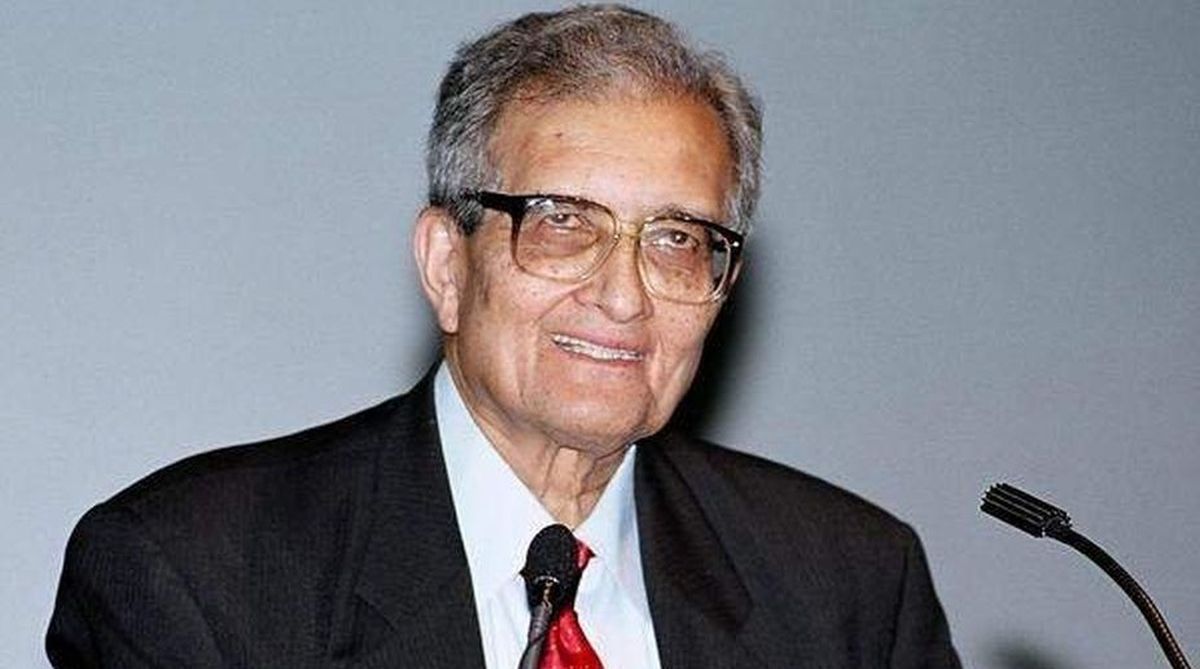Why was Amartya Sen Awarded the Nobel Prize for Economics in 1998?
Amartya Sen's Nobel Prize: Celebrating Contributions to Welfare Economics and Social Choice Theory
In 1998, the Nobel Prize in Economic Sciences was awarded to the eminent Indian economist, Amartya Sen. The prestigious recognition was bestowed upon him for his pioneering contributions to welfare economics and social choice theory. Sen’s work has had a profound impact on our understanding of poverty, inequality, and development economics.

1. Development of Welfare Economics
One of the primary reasons for Amartya Sen’s Nobel Prize was his groundbreaking work in welfare economics. Sen expanded the traditional economic perspective on welfare by focusing on the well-being and capabilities of individuals rather than simply measuring material wealth. He introduced the concept of “capabilities approach,” which highlights that people’s freedom to achieve what they value is a crucial aspect of well-being. Sen’s research emphasized the importance of considering social and political factors when assessing the welfare of individuals and societies, leading to a more comprehensive understanding of development and poverty.
2. Contributions to Social Choice Theory
Amartya Sen’s contributions to social choice theory were another key factor in his Nobel Prize win. Social choice theory deals with methods of aggregating individual preferences to arrive at collective decisions. Sen’s seminal work on social choice explored the challenges and limitations of various voting systems and mechanisms. He demonstrated that certain voting rules could lead to outcomes that did not accurately reflect the preferences of individuals, highlighting the importance of fairness and impartiality in collective decision-making processes.
3. Research on Poverty and Inequality
Throughout his career, Amartya Sen has been deeply engaged in researching poverty and inequality. His influential work on famines, for instance, challenged conventional theories that viewed food shortages solely as a result of insufficient food supply. Instead, Sen argued that famines often result from issues of entitlement and distribution, emphasizing the role of societal and political factors in alleviating hunger and poverty. His research paved the way for a more nuanced understanding of poverty’s complexities, leading to more effective policy interventions.
4. Application of Economic Theories to Real-World Problems
One of the reasons why Amartya Sen’s work received such high acclaim was its practical relevance. Rather than focusing solely on abstract economic theories, Sen consistently applied his ideas to real-world problems, particularly in the context of developing countries. His research informed policymakers about the importance of investing in social services, education, and healthcare to enhance human capabilities and improve overall well-being.
5. Advocacy for Social Justice
Amartya Sen’s dedication to social justice and his commitment to addressing the root causes of poverty and inequality resonated deeply with the Nobel Committee. His work exemplified how economic research could be leveraged to advocate for positive societal change. Sen’s advocacy for policy measures that promote equitable development and empower marginalized populations made his work all the more relevant and impactful.
Amartya Sen’s Nobel Prize win in 1998 was a well-deserved recognition of his significant contributions to welfare economics and social choice theory. His pioneering work on the capabilities approach, social choice theory, and research on poverty and inequality has had a lasting impact on economics and policy formulation. Sen’s dedication to using economics as a tool for social justice and his efforts to address pressing global challenges, such as poverty and hunger, continue to inspire economists, policymakers, and advocates worldwide. His enduring legacy reminds us of the profound influence that economic research can have on building a more just and inclusive world.




